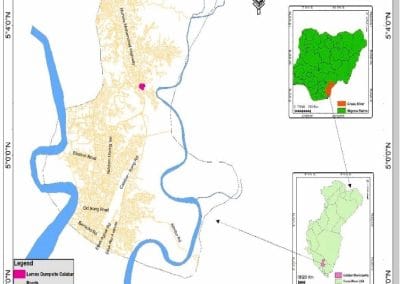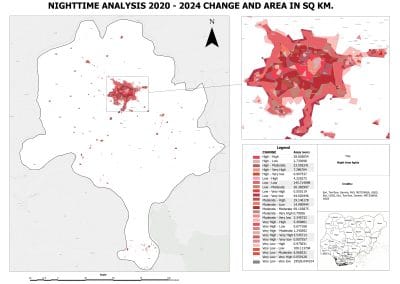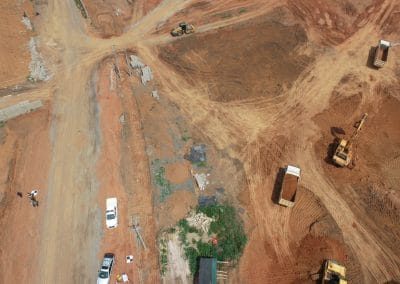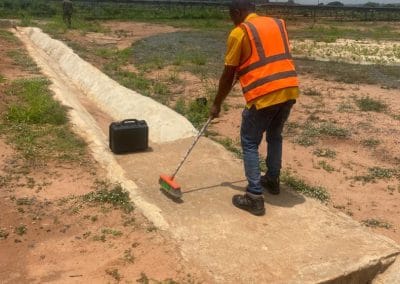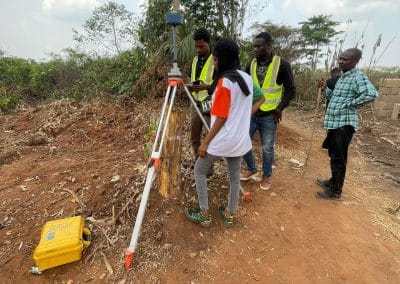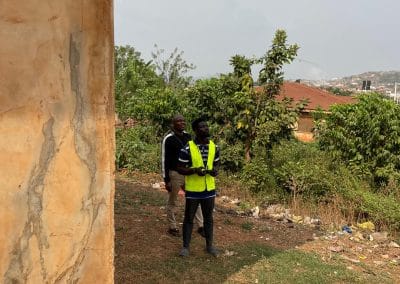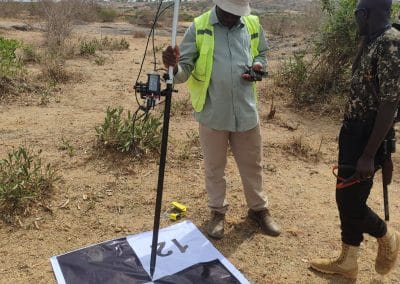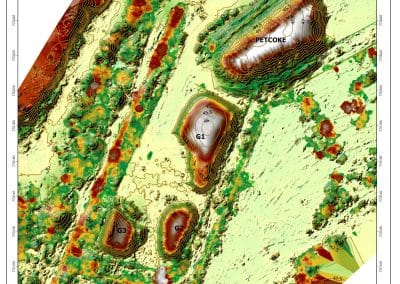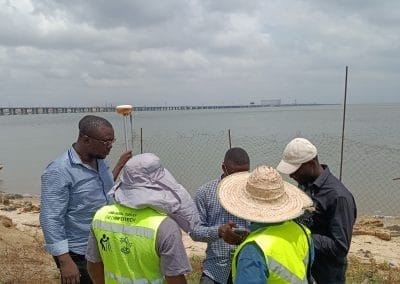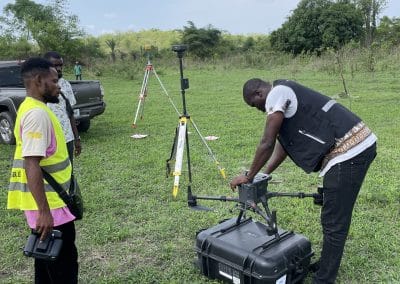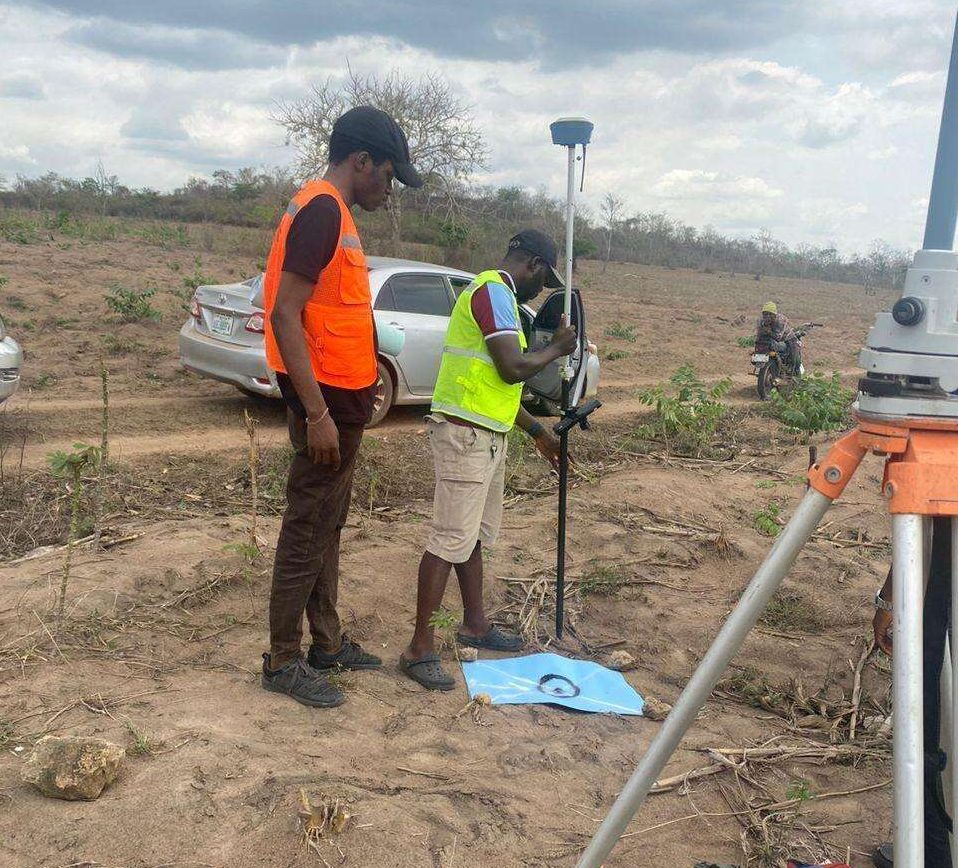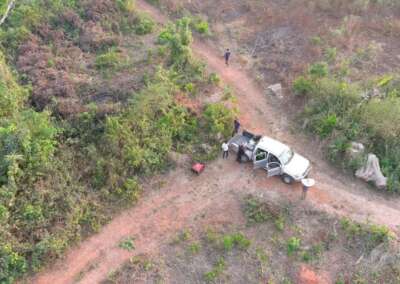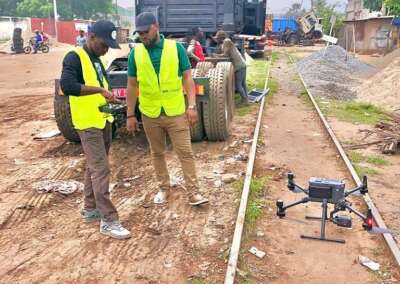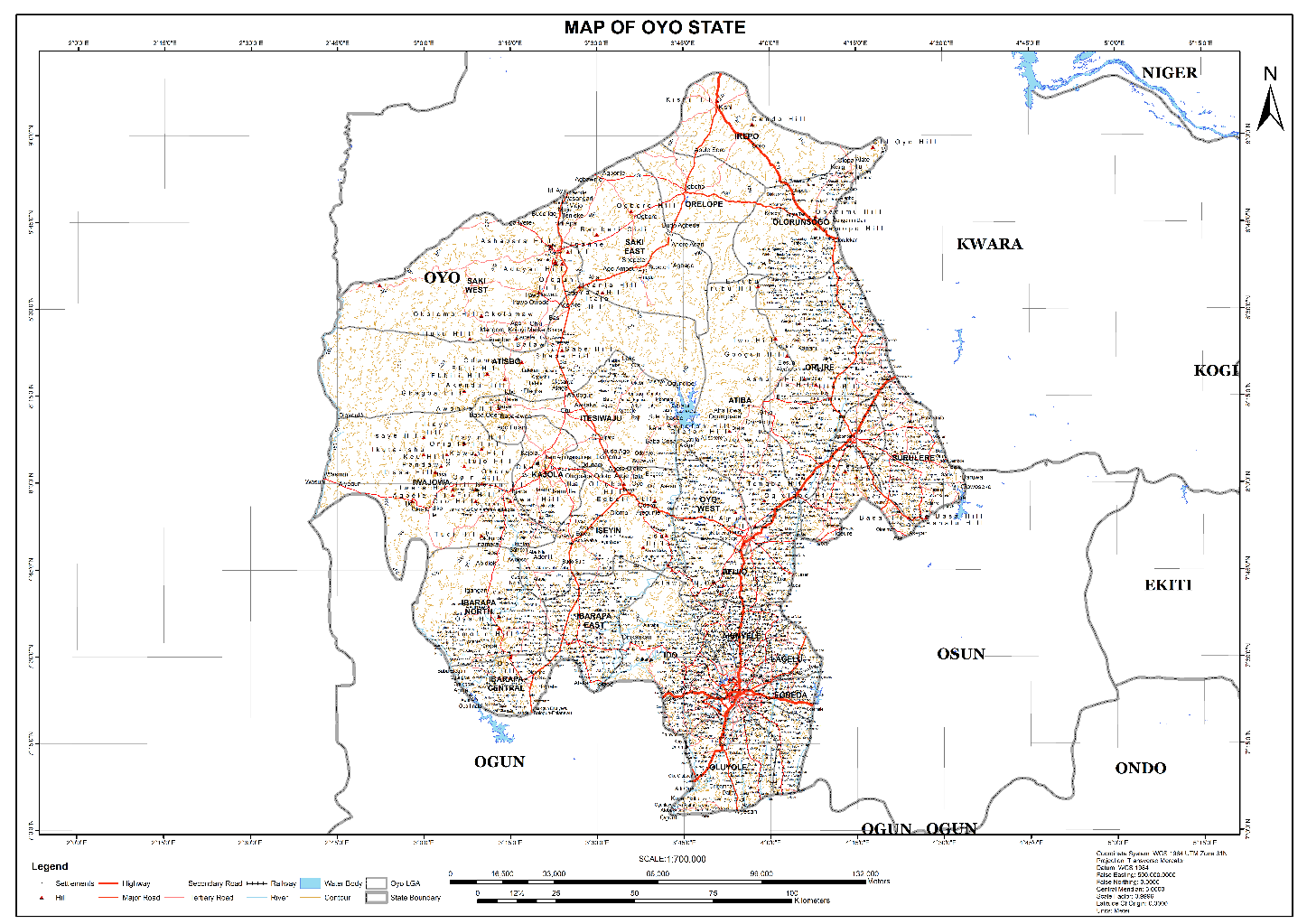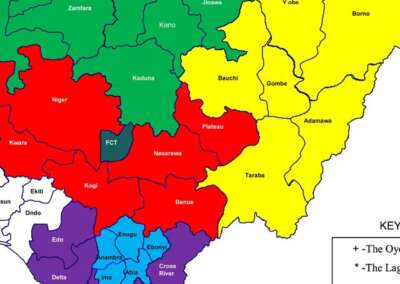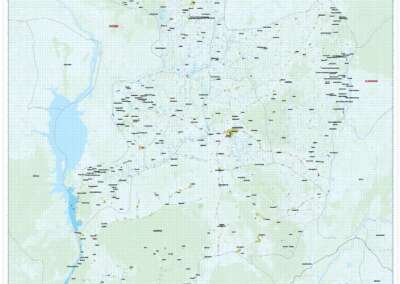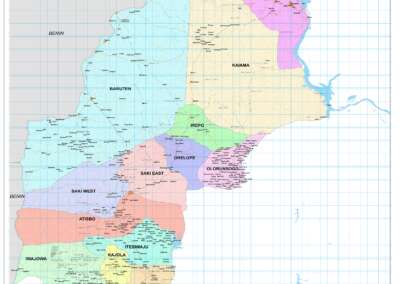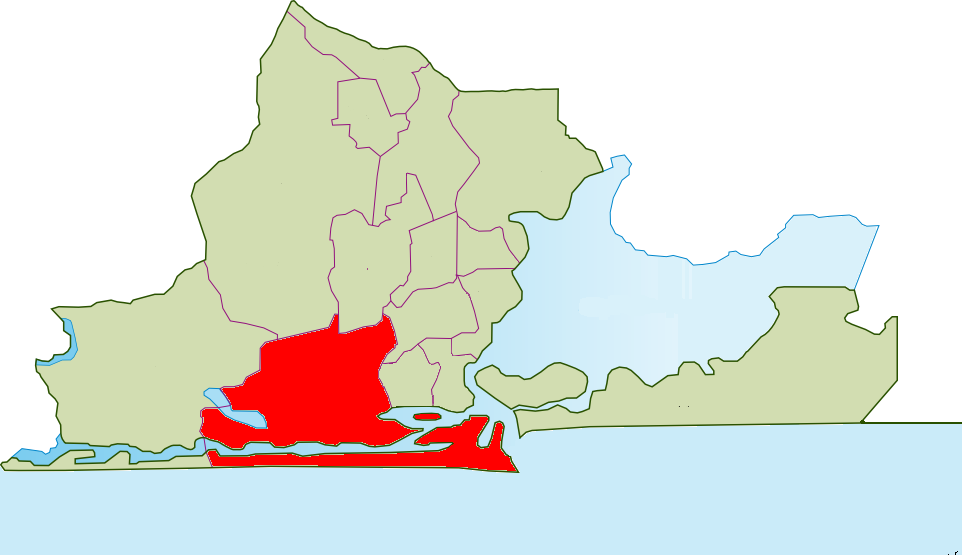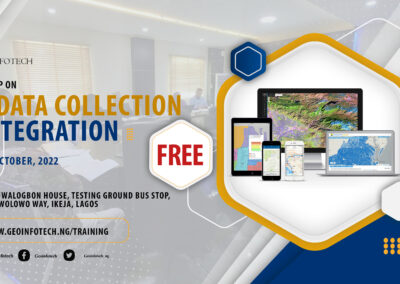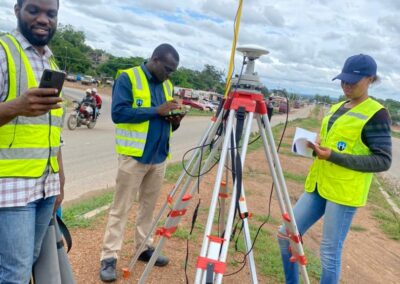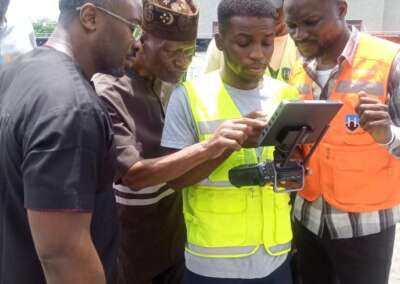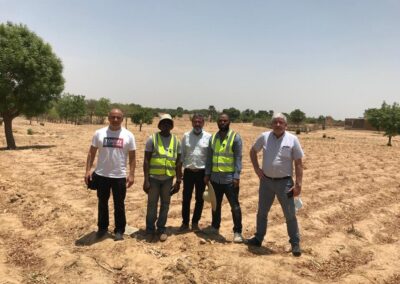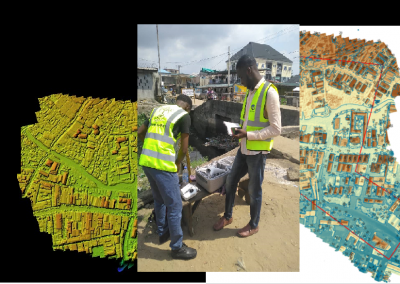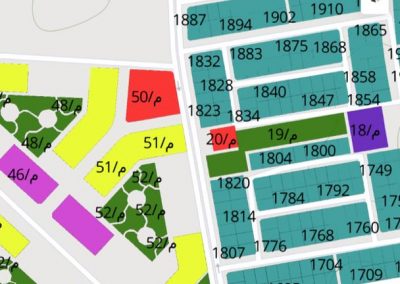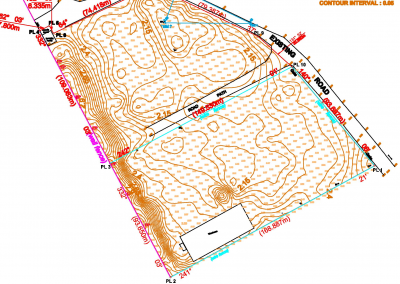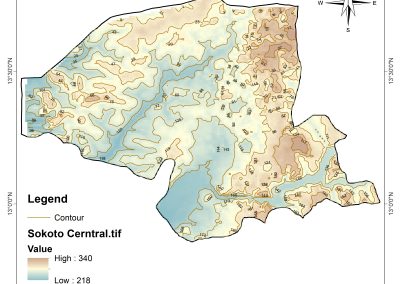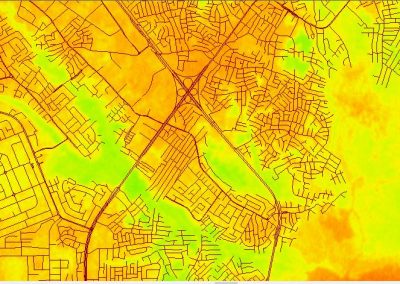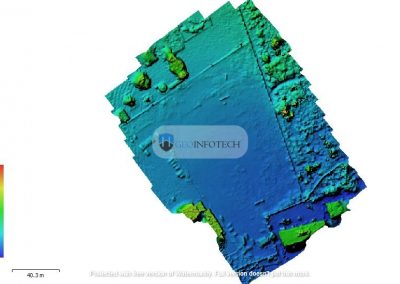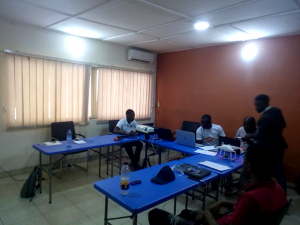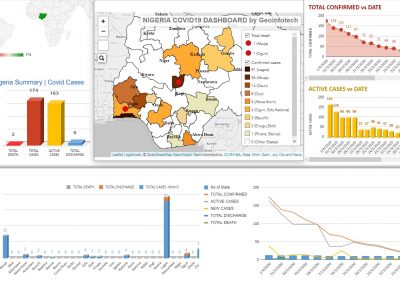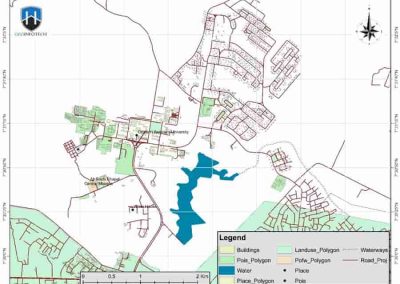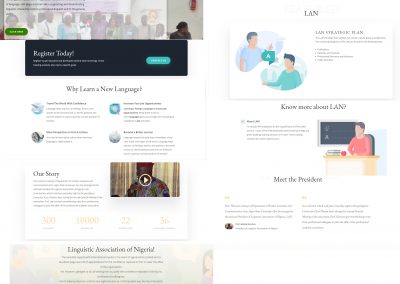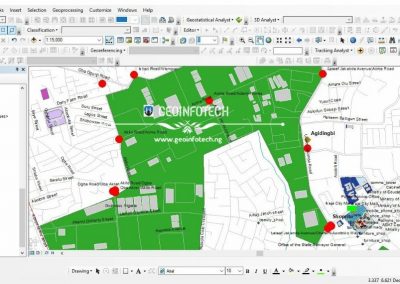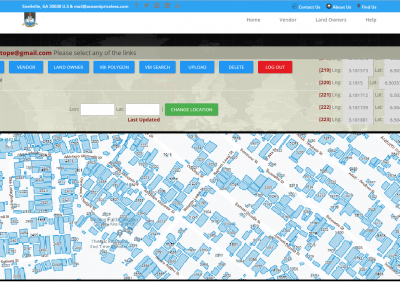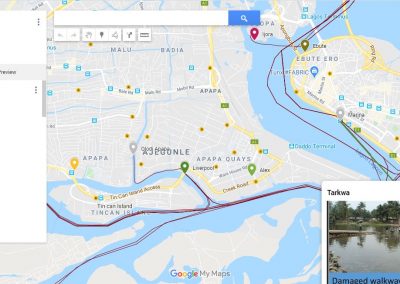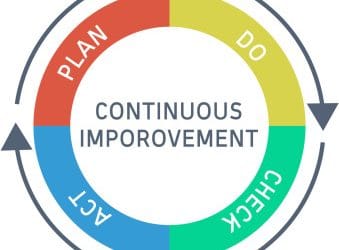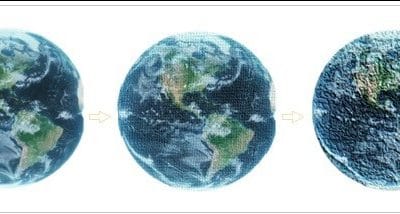
The geospatial industry is growing rapidly, and professionals with strong spatial skills are now in very high demand. Many organizations in Nigeria and around the world rely on GIS, drone mapping, AutoCAD, GNSS, and spatial data tools to support daily operations. As a result, learning these essential geospatial skills can open doors to better opportunities, higher income, and more innovative roles.
Moreover, new advancements in automation, artificial intelligence, cloud GIS, and real-time mapping are transforming the industry. These technologies are not only changing how we collect and analyze data but also how we interpret and use location-based insights for decision-making. In addition, industries such as agriculture, construction, engineering, transportation, and environmental management now depend heavily on digital mapping tools. Therefore, learning the right geospatial skills in 2025 will help you stay competitive and future-ready.
Why Geospatial Skills Matter in 2025
Geospatial technology now powers many of the tools used by professionals every day. Companies use spatial data to track movement, plan infrastructure, manage land resources, and support environmental sustainability. Furthermore, governments and private industries rely on accurate maps and real-time data to plan, monitor, and analyze development across Nigeria.
In 2025, geospatial technology will continue to expand into new areas such as autonomous systems, AI-driven analysis, digital twins, and smart city development. Consequently, professionals who understand these tools will remain valuable in multiple fields.
1. GIS and Spatial Data Analysis
GIS remains one of the most important geospatial skills to learn. It allows you to collect, store, analyze, and visualize geographic data. Tools like ArcGIS, QGIS, and MapInfo help users understand patterns and relationships across locations.
Moreover, GIS supports major sectors such as health, security, engineering, transportation, and environmental management. For example, GIS helps manage land boundaries, map road networks, and assess environmental risks. Learning GIS analysis techniques will help you handle spatial data confidently and present your results in a professional way.
2. Drone Mapping and Aerial Surveying
Drone mapping has become essential for surveying and geospatial work. Drones collect high-resolution images that can be used to create orthomosaics, terrain models, and 3D maps. In addition, drone pilots with mapping skills are now some of the most in-demand professionals in the industry.
Furthermore, sectors like agriculture, mining, real estate, and construction depend heavily on drone data for planning and monitoring. Therefore, getting drone certification and learning photogrammetry will significantly boost your career in 2025.
3. AutoCAD and Digital Design Tools
AutoCAD is a key software for surveyors, engineers, and designers. It allows professionals to draw site plans, design layouts, and produce accurate maps. In addition, AutoCAD Civil 3D supports terrain modeling and alignment design, making it ideal for road, bridge, and construction projects.
Moreover, many engineering and survey companies in Nigeria now require AutoCAD skills for technical roles. Learning how to convert field data into CAD drawings will give you a strong advantage in the job market.
4. DGPS, GNSS, and Modern Survey Equipment
Understanding how to use DGPS and GNSS systems is essential for accurate field surveying. These tools provide precise geographic coordinates and help surveyors capture boundary data with high accuracy. In addition, learning RTK and differential correction methods will improve your mapping precision.
Furthermore, GNSS knowledge helps you work with base-rover setups, CORS networks, and advanced positioning workflows. Therefore, mastering modern survey equipment is a major requirement for anyone pursuing a surveying or geoinformatics career.
5. Geoinformatics and Spatial Data Science
Geoinformatics combines GIS, programming, and data science. It enables you to process large datasets, automate workflows, and build geospatial applications. Moreover, learning Python, SQL, and spatial databases will help you manage complex geospatial projects.
In addition, spatial data science allows professionals to analyze trends, build predictive models, and support urban planning. Consequently, this skill has become important in industries that require accurate forecasting and detailed data insights.
6. Soft Skills for Geospatial Professionals
Technical skills are important, but soft skills also matter. Communication, teamwork, problem-solving, and project management help you work effectively on geospatial projects. Moreover, many employers in 2025 look for professionals who can work well with teams and explain their findings clearly.
In addition, learning how to present maps, write reports, and communicate results will improve your career growth.
Conclusion
The top geospatial skills to learn in 2025 include GIS, drone mapping, AutoCAD, DGPS/GNSS, and geoinformatics. These skills will help you stay relevant and competitive in Nigeria’s fast-growing geospatial industry. Moreover, combining technical knowledge with communication and analytical skills will prepare you for a successful and future-ready career.
Therefore, begin learning these skills today and position yourself for better job opportunities and higher professional growth.





